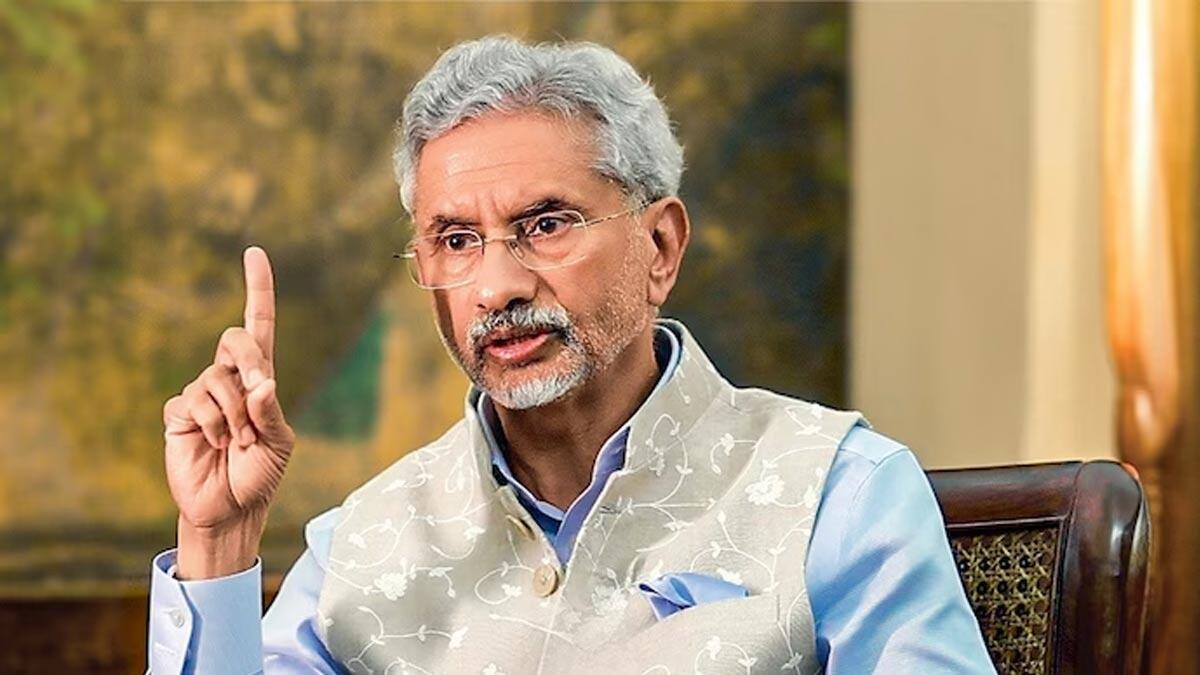The travel advisory issued by the Ministry of External Affairs (MEA) Wednesday asked Indian nationals to avoid all non-essential travel to Iran as tension escalates in the region.
"We are closely monitoring the recent escalation in the security situation in the region," it said, adding that "Indian nationals are advised to avoid all non-essential travel to Iran."
India's diplomatic mission has also issued word of caution to Indians who are currently residing there, and is urging them to keep the Indian Embassy in Tehran informed of their whereabouts.
The travel advisory was issued after Iran fired a barrage of around 200 missiles at Israel on Tuesday night.
Last week, EAM S Jaishankar had met Iranian Foreign Minister Seyed Abbas Araghch and discussed the current geopolitical scenario in the region during the BRICS meeting held on the sidelines of the UNGA in New York.
Tehran says it targeted "military and security establishments" in Israel on Tuesday night during the attacks.
"This act was in defense of the interests and citizens of Iran. Let Netanyahu know that Iran is not an aggressor, but it is strongly against any threat. This is just a corner of our power. Don't get entangled in a war with Iran," said Iranian President Masoud Pezeshkian after the missile attack.
Israel also warned of retaliation, and the situation could turn very unambiguously tense in the region.
A large number" of the 180 ballistic missiles launched by Iran were intercepted by country's air defenses, the Israel Defense Forces said.
The US also supported the former through diplomacy besides detecting the Iran threat while it intercepted some of its missiles, The Times of Israel reported based on the Israel Defense Forces.
Hours after the Iranian strike, Israeli Prime Minister Benjamin Netanyahu told a Security Cabinet meeting that Iran had made a "big mistake" and "will pay" for it.
Earlier, IDF spokesman Daniel Hagari said: "Iran's attack is a grave and dangerous escalation. There will be consequences… We will respond wherever, whenever and however we choose, following the directive of the government of Israel."
During the missile attack, Israel's Airports Authority announced closure of the country's airspace and diverted incoming flights to other countries.
Security reasons compelled the nearby countries, Jordan and Iraq, to announce the temporary closure of their airspace to flights and suspend air traffic.
Read also| Deeply concerned at escalation of security situation in West Asia, Says India
Read also| Israel Pledges Retaliation Following Missile Strikes from Iran


















